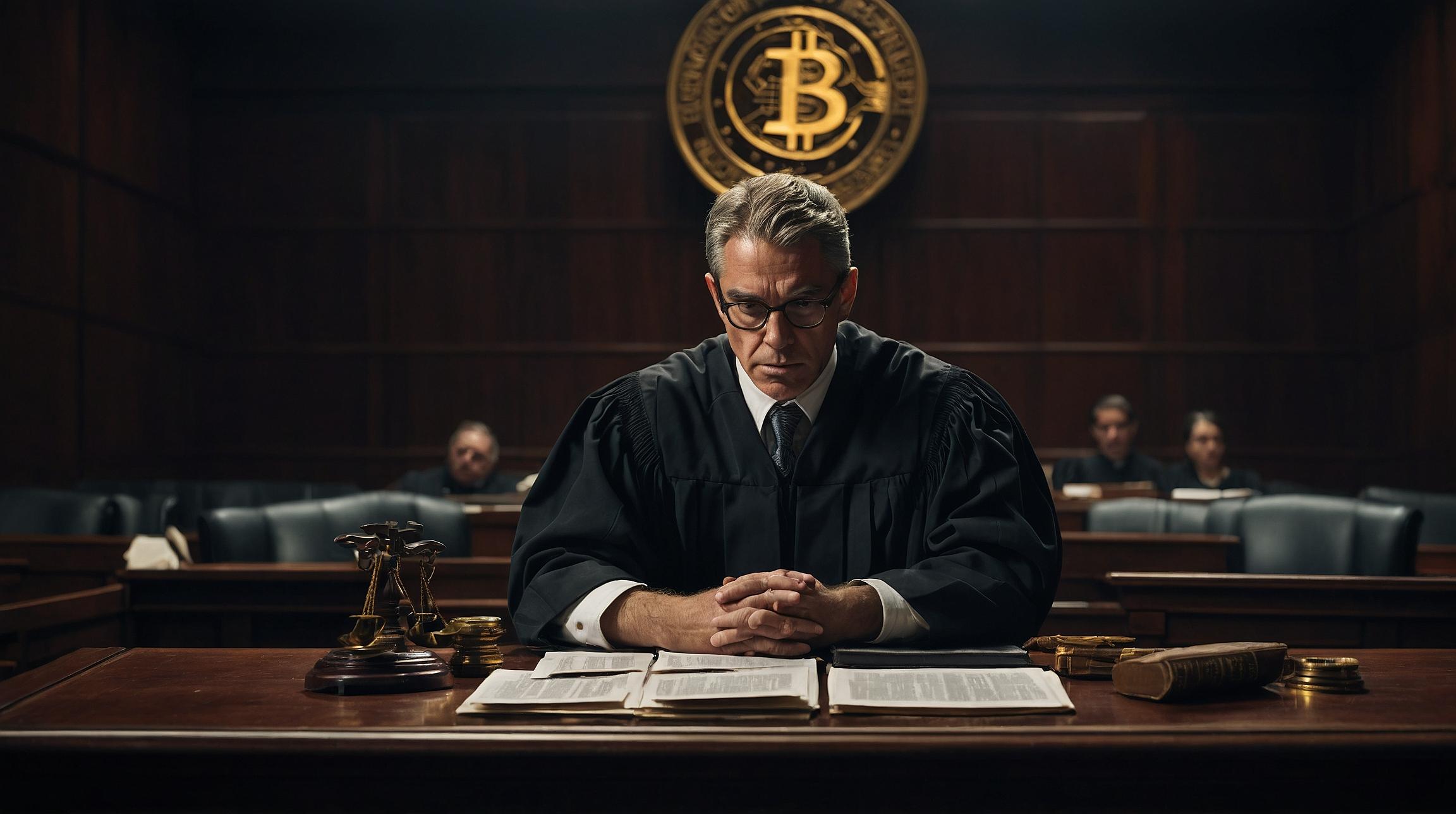Bitcoin Fog Founder Challenges 30-Year Sentence
Roman Sterlingov, the man behind the crypto mixer Bitcoin Fog, is challenging a potential 30-year prison sentence following his conviction for multiple money laundering charges. His defense team argues that the proposed sentence "vastly exceeds" those in similar cases, citing the "cumulative effect" of various legal enhancements that penalize the same conduct in multiple ways.
Understanding the Case: Bitcoin Fog and Money Laundering
Bitcoin Fog is a service that allegedly helped launder over $47 million in criminal proceeds. By allowing users to anonymize Bitcoin transactions, it reportedly made it hard for law enforcement to trace illegal activities, such as drug trafficking and cybercrime. Prosecutors claim that between 2011 and 2021, Bitcoin Fog facilitated the laundering of about $400 million in Bitcoin tied to these illegal activities.
Sentencing and Legal Controversy
Sterlingov's sentencing was initially set for August 21, but the court has delayed proceedings to first assess the government's attempt to seize assets linked to Bitcoin Fog, including a dormant 1,354 Bitcoin and a potential $395 million financial judgment. The defense argues that Sterlingov's sentence recommendations are disproportionately high, influenced by enhancements that punish the same actions in different aspects.
Defense Arguments and Circumstantial Evidence
Sterlingov’s attorneys highlight that the case relies on circumstantial evidence. Essential components, like the Bitcoin Fog server, logs, private keys, or ledger, were not presented during the trial. They emphasize Sterlingov's lack of prior criminal activity and his otherwise commendable life. The defense also suggests that the jury’s decision reflects a role of aiding and abetting rather than directly managing Bitcoin Fog.
Challenges with Sentencing Guidelines
According to the defense, the sentencing guidelines are heavily influenced by the total amounts involved, which they argue do not accurately capture Sterlingov's liability. They point out that he did not profit personally and that many transactions through Bitcoin Fog occurred without his direct participation. This focus on financial figures, they contend, misrepresents the true nature of his involvement.
Conclusion and Implications
The case raises important questions about how sentencing is determined in complex financial crimes, particularly involving new technologies like cryptocurrency. As Sterlingov's legal team continues to argue for a fairer judgment, the case may set precedents for future legal proceedings involving digital currencies and money laundering.













